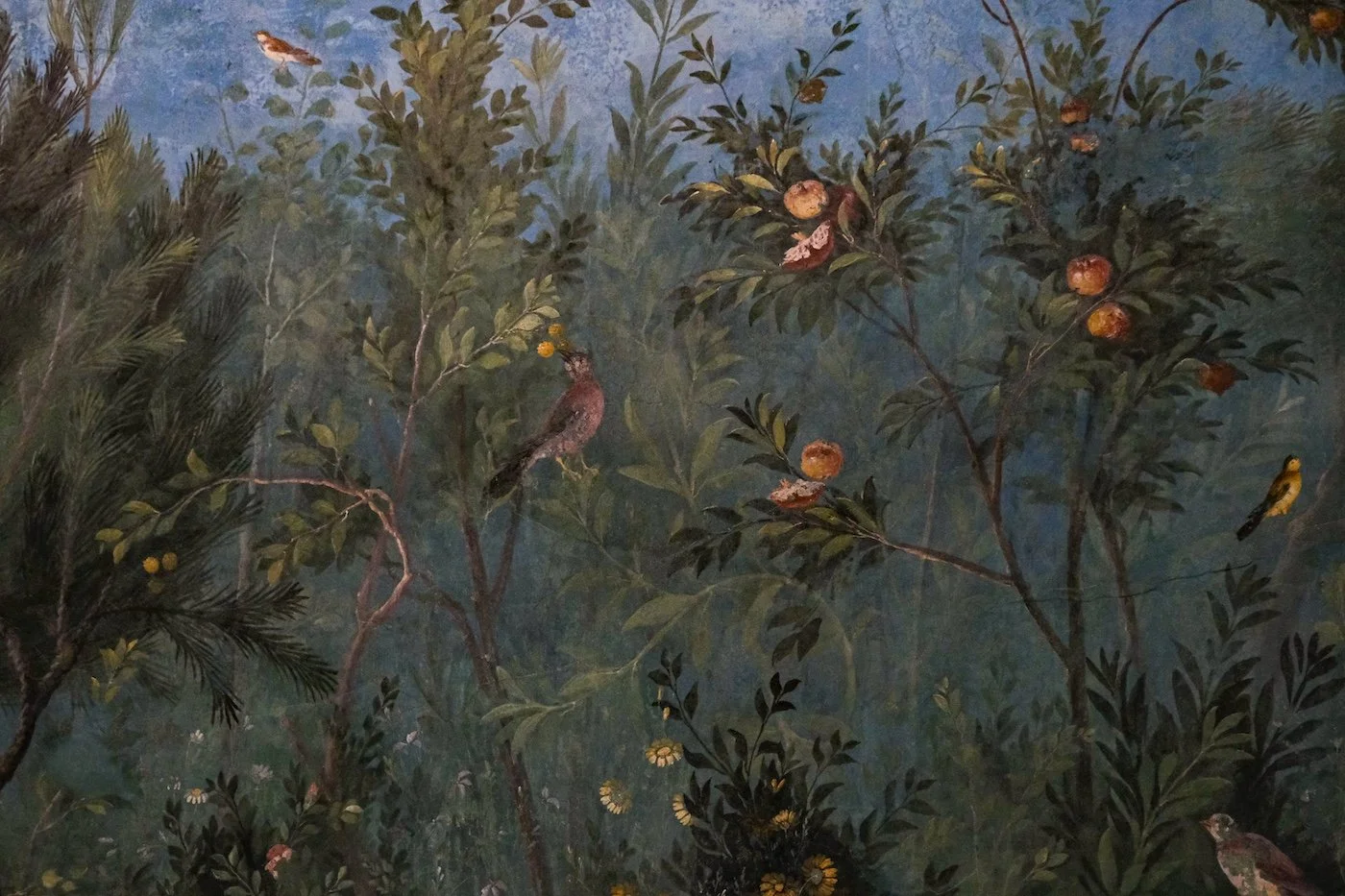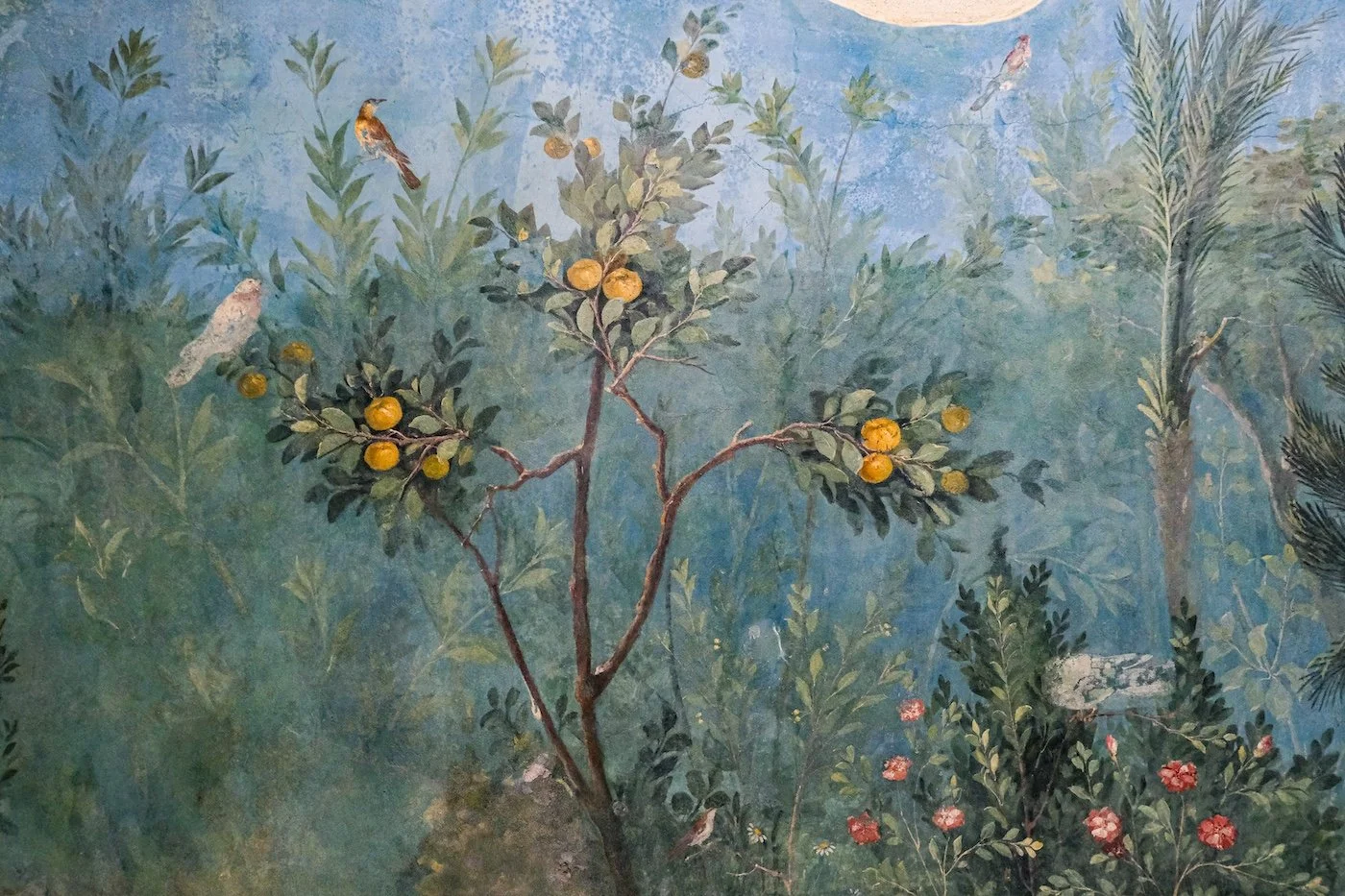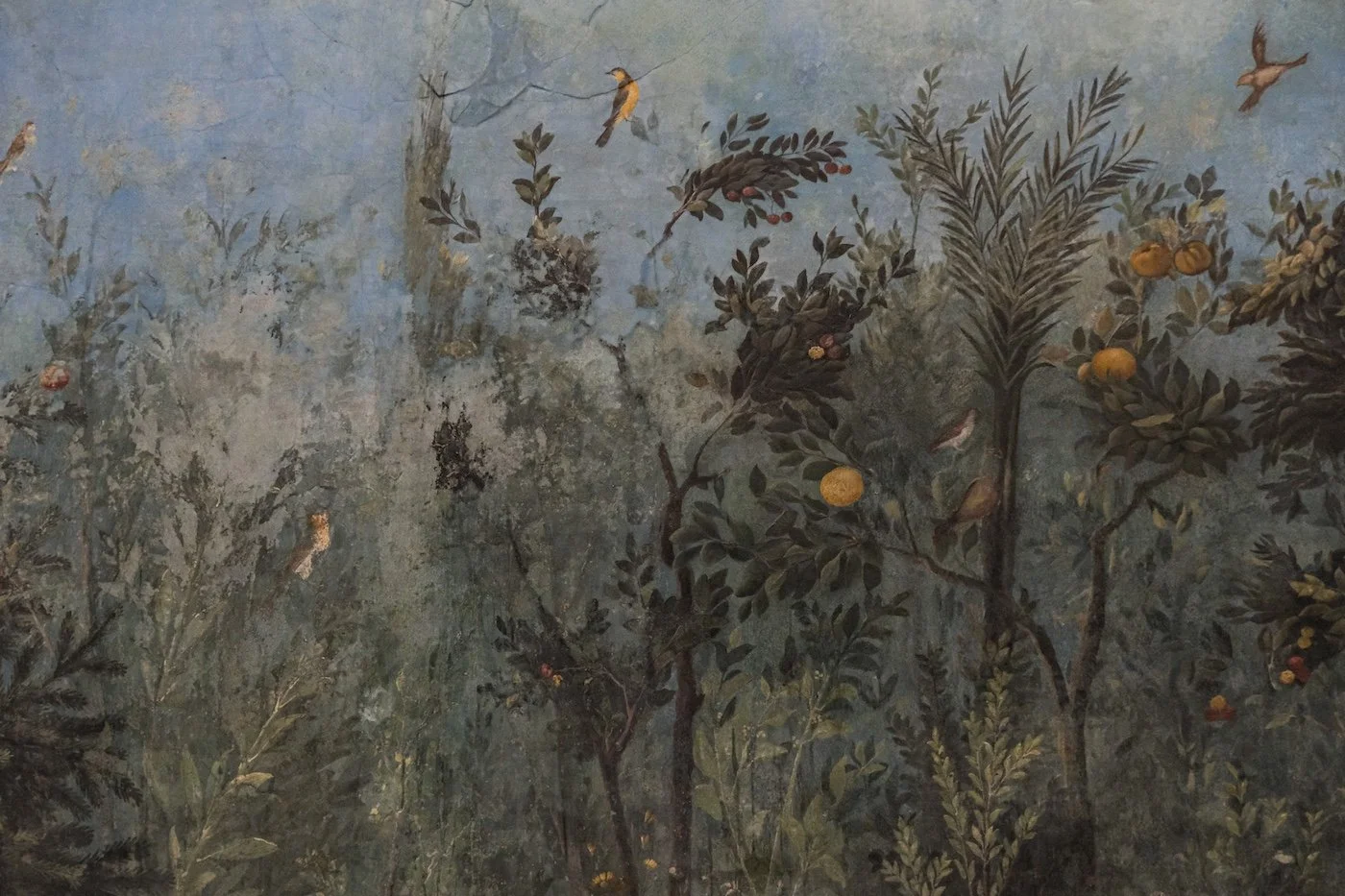That's My Soul Up There
I remind myself that there is melodrama in Sting’s lyrics for King of Pain so as to keep my comedic distance, these days. He sings,
There's a little black spot on the sun today
That's my soul up there
It's the same old thing as yesterday
That's my soul up there
and:
I have stood here before inside the pouring rain
With the world turning circles running 'round my brain
Songfacts tells us this about the writing of the song:
“He had recently separated from his first wife, actress Frances Tomelty, and was not getting along with the other two members of the band. Instead of repressing or deflecting the hurt, Sting dives headlong into it on this track, crowning himself the “King Of Pain.” Sting said in Musician magazine: “I conjured up symbols of pain and related them to my soul. A black spot on the sun struck me as being a very painful image.”
He recalled the specific incident and how future wife Trudie Styler inspired the song's title….: “I was sitting moping under a tree in the garden, and as the sun was sinking toward the western horizon, I noticed that there was a lot of sunspot activity. I turned to Trudie. ‘There's a little black spot on the sun today.’ She waited expectantly, not really indulging my mood but tolerant. ‘That's my soul up there,’ I added gratuitously. Trudie discreetly raised her eyes to the heavens. ‘There he goes again, the king of pain.’”
Sometimes our souls are in good shape, and sometimes not so great. If we can roll our eyes at our suffering, we’re probably going to be okay. So I tell myself. For the last long while I’ve been living with the line by Marcus Aurelius (as translated by Robin Hard, IMHO the best version of Meditations): “To what purpose, then, am I presently using my soul? Ask yourself this question at every moment…” Marcus also tells us to not lose heart, but return to the fray whenever we are thwarted in life. And lord I feel thwarted at present.
I’ve written many posts concerning the soul. Maybe this one here says the most for me right now. This from Thomas Moore resonates for me now:
“Let us imagine care of the soul, then, as an application of poetics to everyday life.”
And this from Parker Palmer:
“Here’s the deal. The human soul doesn’t want to be advised or fixed or saved. It simply wants to be witnessed — to be seen, heard and companioned exactly as it is. When we make that kind of deep bow to the soul of a suffering person, our respect reinforces the soul’s healing resources, the only resources that can help the sufferer make it through.”
In his book Light Inside the Dark, John Tarrant differentiates between spirit and soul: “…soul is not taken in the theological sense of an immortal being putting up for the night in the inn of the body — that is spirit. Soul is the part of us which touches and is touched by the world. Through soul we connect with each other and are made less lonely — not metaphysically, but in a tangible human way.” He goes on:
“It is with our souls that we truly inhabit our lives, tasting the fresh black coffee, so delicious, so bad for us, and the kiss, so brief and full of consequences. Soul is always learning, always fallible; it develops well or ill, it grows and deepens and responds to our late-learned tenderness toward it. Through soul we bless our lives and come to love them in all their moods and aspects.”
Thomas Moore, who wrote Care of the Soul, says,
““Soul” is not a thing, but a quality or a dimension of experiencing life and ourselves. It has to do with depth, value, relatedness, heart, and personal substance.”
Moore paraphrases Marsilio Ficino from five hundred years ago who says that we must be careful about choosing “colours, spices, oils, places to walk, countries to visit” because these are all “very concrete decisions of everyday life that day by day either support or disturb the soul.”
I think we’re all within our rights to be a little melodramatic from time to time and yawp at the darkness of the universe when the world is turning circles running 'round our brains, to paraphrase Sting. And then. When the yawping is done, we might ask: What are our obligations to simply witness the souls of others? What are our obligations to cultivate the daily circumstances in which the common person may apply poetics to their everyday life? How to get one’s soul back in alignment? How to make good use of whatever darkness arrives?
A note on the photos: I took them in Rome at Palazzo Massimo where the frescoes from the Villa of Livia hang. If you follow me on IG you might have seen our visit here.








